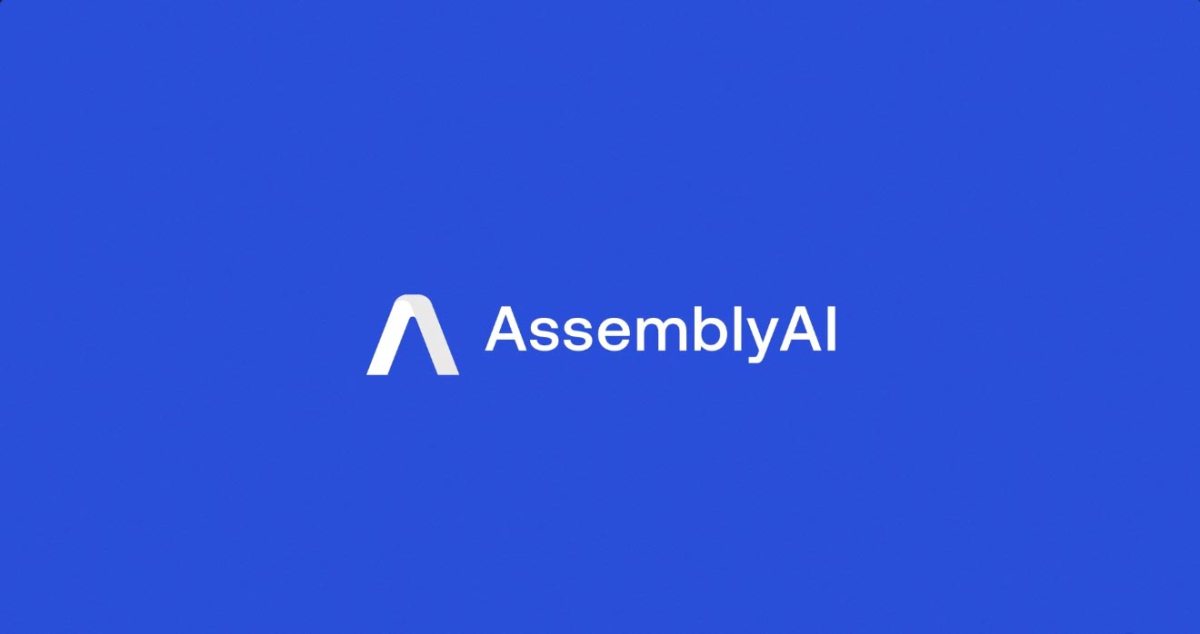Nigeria Deems Crypto Trading a National Security Threat
Nigeria’s National Security Adviser (NSA) is poised to designate crypto trading as a national security menace, indicating an imminent crackdown on peer-to-peer (P2P) crypto transactions, as revealed by local media outlets and sources familiar with the matter.
The decision comes on the heels of major Nigerian fintech startups like Moniepoint, Paga, and Palmpay taking steps to freeze accounts engaged in crypto transactions and report such activities to law enforcement authorities.
Moniepoint’s CEO, Tosin Eniolorunda, has indicated that the NSA’s classification is likely to set the stage for new regulations aimed at outlawing P2P crypto trading, with an official announcement expected in the near future.
Regulatory Pivot
This development marks a significant departure from past regulatory attitudes, notably during the tenure of the Bola Tinubu administration, which had exhibited a more permissive approach towards cryptocurrencies. The Central Bank of Nigeria had even lifted a two-year ban on crypto transactions in December 2023, suggesting a more hospitable regulatory environment.
However, recent months have witnessed a shift in this narrative, with authorities attributing the volatility in the foreign exchange (FX) market to crypto speculators. The proposed crackdown on P2P trading stems from the Central Bank’s assertion that crypto traders exploit this avenue to manipulate the value of the Nigerian naira through pump-and-dump schemes.
In February 2024, Central Bank Governor Olayemi Cardoso alleged that Binance had facilitated $26 billion in untraceable transactions, leading to a clampdown on the exchange and the freezing of over 1,000 bank accounts associated with P2P transactions.
Moreover, four prominent fintech firms have recently been directed to cease opening new customer accounts, though the origin of this directive remains murky. Moniepoint’s CEO confirmed that the NSA was behind this move, expressing concerns about the ease with which fintech platforms enable the opening of accounts, particularly Tier 3 accounts.
Despite declining to disclose further details, a spokesperson for the NSA underscored the heightened scrutiny surrounding the rapid expansion of accounts facilitated by fintech startups. Traditional banks have long voiced apprehensions that such accounts serve as conduits for illicit funds.
In response to these apprehensions, the Central Bank amended its regulations in December 2023, mandating fintech startups to verify the identities of all account holders by March 2024.
Uncertain Future
As Nigeria braces itself for additional regulatory measures in the cryptocurrency sphere, the fate of P2P trading hangs in the balance amid escalating national security concerns and evolving regulatory frameworks.
Image/Photo credit: source url





